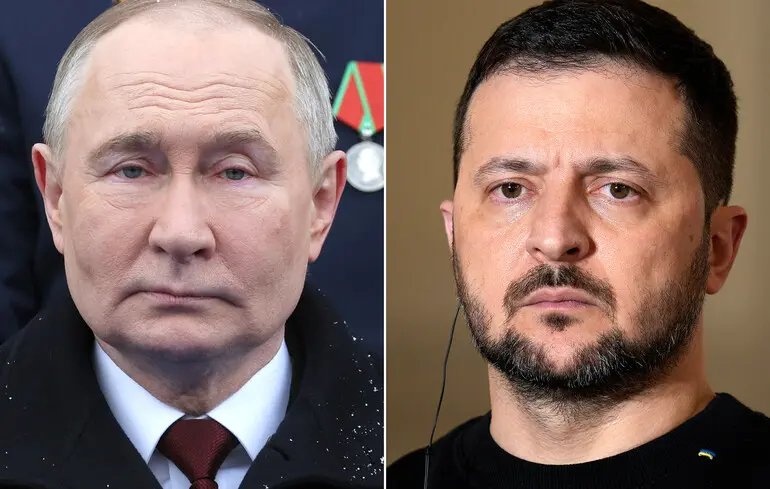Peace Agreement with Russia: Is There a Fine Line Between Diplomacy and New Escalation?

Recent months have seen a significant revival of diplomatic efforts aimed at resolving the ongoing conflict between Ukraine and Russia.
Following a series of key summits in Anchorage and Washington, the White House has provided a renewed impetus to attempts at reaching a long-awaited peace agreement.
However, analysts warn that genuine stability cannot be achieved without a comprehensive system of security guarantees for Ukraine and the broader region.
Currently, negotiations are at their early stages, and their success depends on multiple factors, including political will and mutual trust.In early August, the United States and European countries took crucial steps towards ensuring Ukraine’s security.
The US agreed to assist in providing security guarantees for Ukraine as part of a possible peace deal.
Additionally, European nations are actively discussing the technical and political aspects of these guarantees, seeking optimal solutions regarding the forms of support and types of assistance.
Another important development is the potential meeting between Ukrainian President Volodymyr Zelensky and Russian President Vladimir Putin, though these remain on the negotiation level for now.Meanwhile, the situation on the front lines remains grim.
Russia continues its aggressive assault, bombing civilian areas and violating ceasefire agreements.
Doubts also persist about Moscow’s true willingness to support peace proposals that consider Ukraine’s interests.
The ongoing war hampers diplomatic efforts, highlighting the complex and fraught path toward any lasting resolution.Experts emphasize that without a robust and legally binding system of guarantees—physically and legally deterring Russia from renewed hostilities—any peace agreement risks collapse.
Key questions revolve around Western and Ukraine’s commitment to investing in defense capabilities and whether Ukraine can stand independently in case of escalation.
Collective security mechanisms capable of proactive response are now being discussed as vital components.The foremost step is strengthening Ukraine’s defensive capacities, including timely procurement of modern weaponry and air defense systems.
Zelensky recently proposed that Ukraine sell drones to the US, underscoring that Ukraine’s military capabilities can bolster, rather than deplete, Western arsenals.
Ultimately, peace depends on ensuring Ukraine’s security and the region’s stability—both of which require unwavering support from the West.Continued peace depends heavily on the ability of Western nations to balance diplomacy with military preparedness.
Post-negotiations, nations must prepare for various scenarios, including the deployment of collective response mechanisms or increased defensive measures, signaling to Russia that aggression will lead to serious consequences.In conclusion, the value of any future agreement hinges on its practical implementation and reliable international guarantees capable of deterring any future Russian provocations.
Experts stress that maintaining a balance between diplomatic dialogue and military strength is essential to securing long-term peace and security for Ukraine and the entire region.

